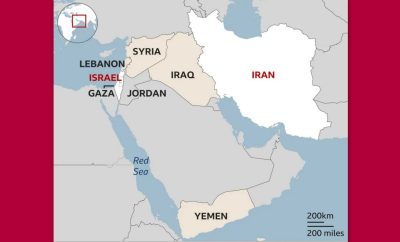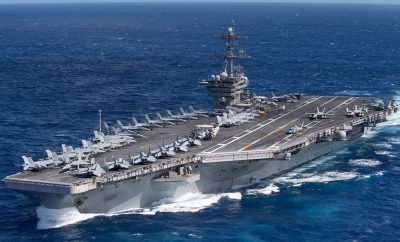
Ο πόλεμος της Ρωσίας στην Ουκρανία: Έρχονται χειρότερα (και για τη Δύση)
Η ΕΕ αντέδρασε σθεναρά στην εισβολή του Πούτιν στην Ουκρανία. Αλλά πρέπει τώρα να μετριάσει τις οικονομικές, κοινωνικές και πολιτικές συνέπειες, που θα πλήξουν τους απλούς πολίτες και θα αμφισβητήσουν τη δυτική συνοχή.
The EU has reacted robustly to Putin’s invasion of Ukraine. But it must now mitigate the economic, social and political consequences, which will hit ordinary citizens and challenge Western cohesion.
The EU’s response to Russia’s invasion of Ukraine was resolute. Divisions between member-states melted away within days, and the EU imposed unprecedented economic sanctions on Russia. In co-ordination with the US, the UK and other democratic powers, the Union has moved to cripple the Russian financial system, including the central bank’s capacity to use much of its foreign reserves to maintain economic stability, and banned EU companies from exporting critical goods to Russia, including in the high-tech sector. The Union will also provide Kyiv with €1.2 billion in financial aid and €450 million of lethal military assistance. The Union’s High Representative for Foreign and Security Policy, Josep Borrell, has asked member-states to come up with an additional €500 million in military support. The EU has opened its doors to Ukrainian refugees, granting them protection for at least one year. And EU leaders have promised to examine Kyiv’s application for membership – even if realistically accession is at least a decade away.
French Foreign Minister Jean-Yves Le Drian was almost certainly correct to say, however, that the worst phase of the war was yet to come. This phase will be even more painful for Ukraine and will increase pressure on Europe on three main fronts: energy security, defence spending and accommodating the influx of Ukrainian refugees.
Συνέχεια cer.eu




